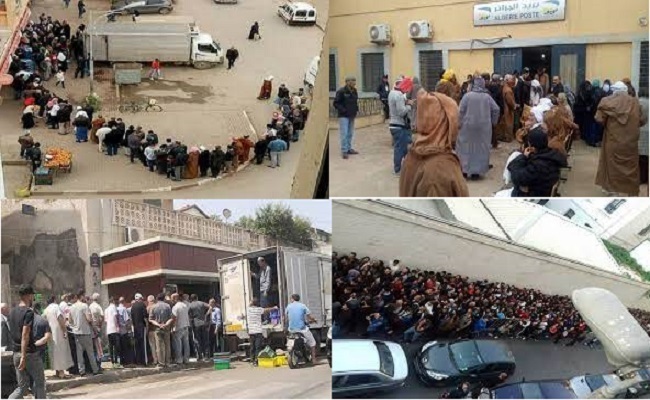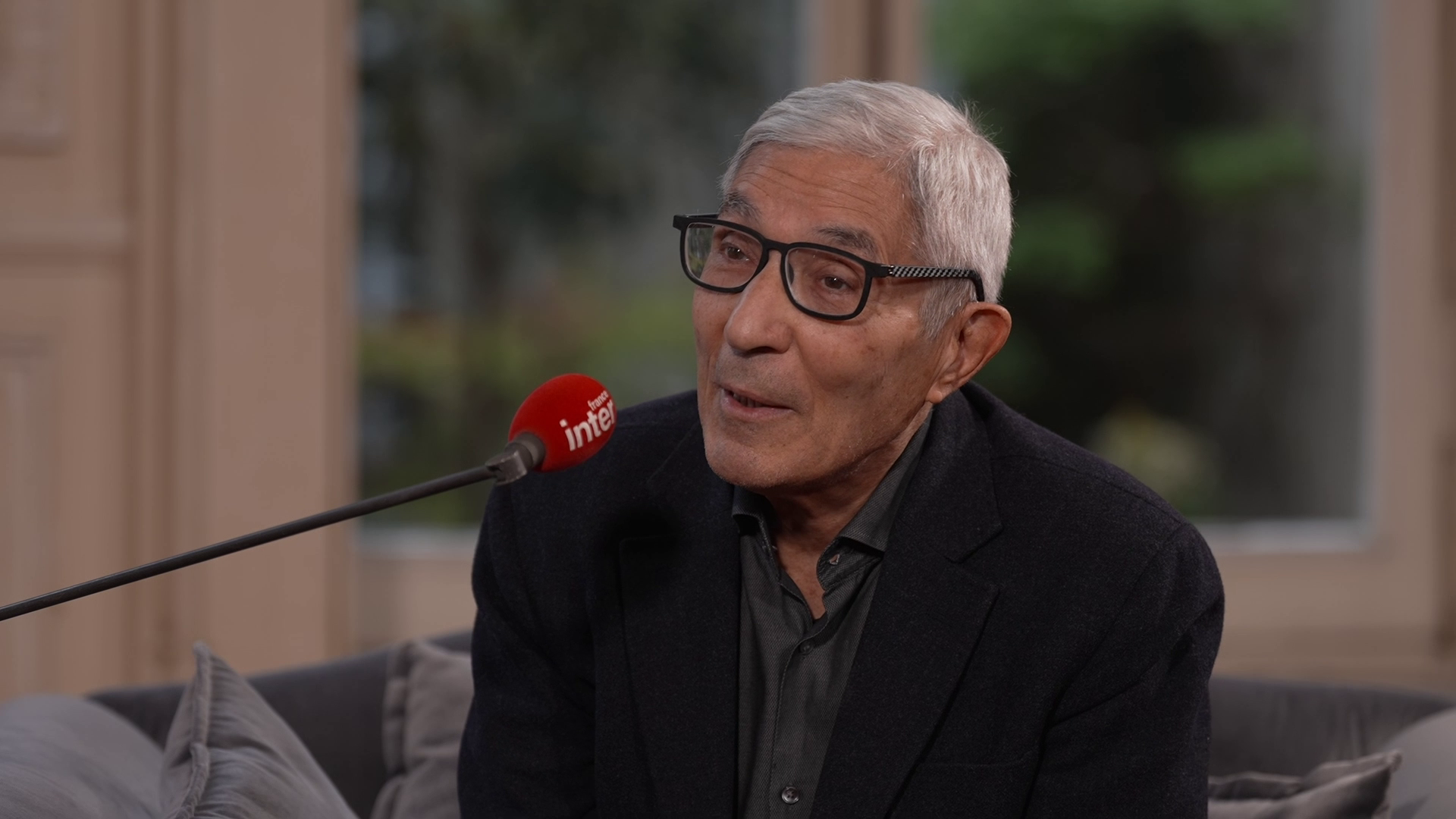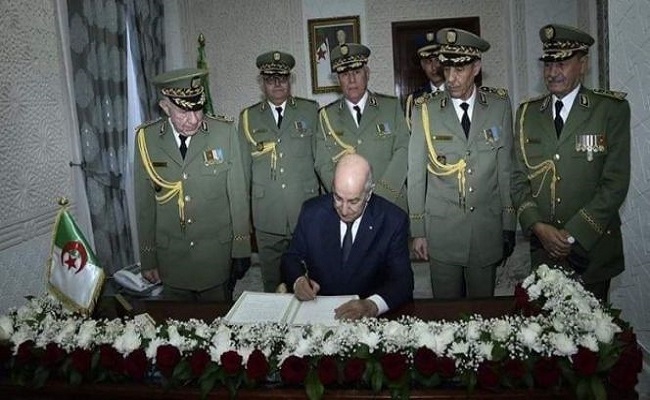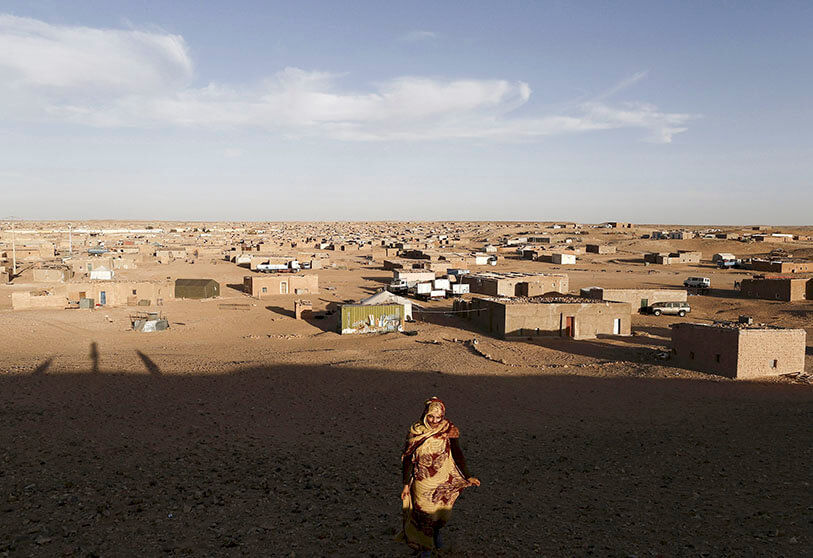Algeria’s appropriation bill for 2024 continues on track of prioritizing social peace at the expense of sustainability of public finances, auguring ill for the medium- and long-term macroeconomic balances of the country.
The Algerian state will spend 38 billion dollars on its inflated public sector payroll, which takes the largest chunk of budget distribution.
Civil service spending dwarfs by far the budget dedicated to public investments which is limited to 21 billion dollars in 2024.
As Algerians continue to suffer in long queues for basic goods, the military regime in Algeria has allocated its defense department a bloated budget of 21.6 billion dollars in 2024, up from 19 billion this year.
The Algerian military-ruled state, fearful of a new Hirak, has relied on cash handouts and repression to avert the return of a new Hirak, the pro-democracy protests that put an end to the rule of Bouteflika’s clan.
Increasing salaries and allowances, including unemployment benefits, has worsened inflation currently at 10% in the country, where imports are still restricted.
The result of this higher spending on salaries amid a shortage of goods, including basic necessities, has led to higher foodstuff prices and longer queues on vital needs such as milk and grains.
As President Tebboune seeks a second term, he is unwilling to take painful reforms targeting the unsustainable subsidies system, key to the social peace in the unemployment-stricken country.
Tebboune and his military masters prefer to undermine Algeria’s medium term economic outlook for short term political gains.
With an expected decrease in oil and gas prices as the world gears to cleaner energy, Algeria will fall prey to its overreliance on hydrocarbons, which represent more than 92% of its exports.
Increasing wages in a state-dominated and closed economy, will deepen Algeria’s budget deficit and worsen the scale of money printing leading to a surge in inflation and ultimately the erosion of Algeria’s social peace leading to a new cycle of unrest in the country.



